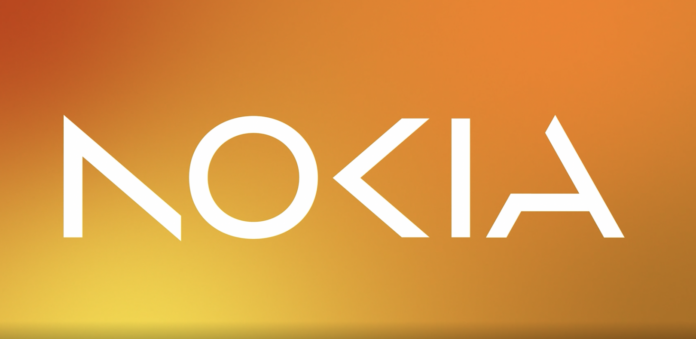Nokia said that the deal provides 5G coverage in six of Colombia’s largest cities
Finnish vendor Nokia and Colombian carrier Claro announced the successful completion of the first stage of what it claims to be Colombia’s largest 5G deployment covering over 1,000 sites nationwide.
The project, which was completed only four months after Colombian authorities issued 5G licenses, will provide radio, core and transport technologies, the vendor said in a release. Nokia added that the deal will lay the foundations for future innovation across industries such as transport, mining, energy and oil and gas, among others.
Under the contract, Nokia is supplying equipment from its AirScale portfolio for both indoor and outdoor scenarios. This includes base stations, high-capacity Massive MIMO antennas and remote radio head (RRH) solutions. Nokia has also signed a further deal to deploy additional 400 5G sites.
The deal also provides 5G coverage in six of Colombia’s largest cities, with plans to further expand into 14 additional cities in 2024, the Nordic vendor said.
Nokia noted that it is providing a variety of software solutions, including its fully automated 5G Core for ultra-low latency performance that enables the delivery of advanced services and new revenue streams such as FWA. Under the deal, the vendor is also supplying Claro with the Nokia Assurance Center, which facilitates automated network decision-making by leveraging diverse data sets and operational intelligence. Cybersecurity solutions are also part of the deal.
In February, rival operator Movistar, owned by Spanish telco Telefonica, said it was set to launch 5G services in the country
In an initial phase, Movistar said its 5G technology will be available in the main urban areas across Colombia.
Colombian operators Claro, WOM, Tigo and Movistar all secured 5G licenses in a spectrum auction carried out last year by Colombia’s ICT Ministry MinTIC.
The country’s communications ministry said the auction had raised more than 1.5 billion pesos ($380 million). The government had previously said that it expected to raise nearly $500 million.
Tigo and Movistar previously confirmed that they formed a joint venture (JV) to participate in the spectrum auction. The JV will be valid for a period of 22 years, counted from the date of the eventual granting of the spectrum use permit. Tigo and Movistar said they “will continue to act as independent market agents and there will be no restrictions to continue competing with each other.”
Each telco secured a block of 80 megahertz in the 3.5 GHz band, while Claro secured an additional block of spectrum in the 2.5 GHz band. The frequencies in the 700 MHz, 1.9 GHz and AWS remained unsold.
5G subscribers in Colombia are forecast to reach 37.8 million by 2030, compared to 2.9 million in 2025, according to a recent report by telecom association GSMA. The report showed that 5G penetration by 2025 is expected to reach 4% while it would expand to 43% by 2030.

